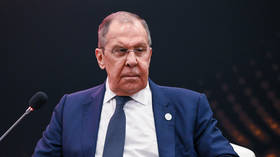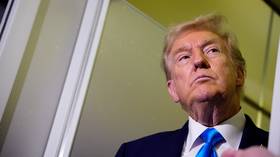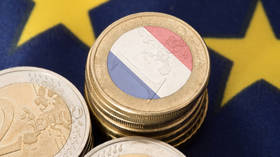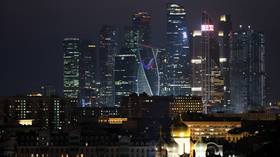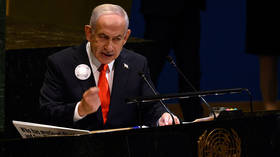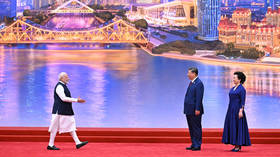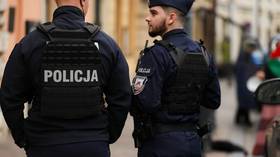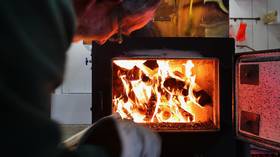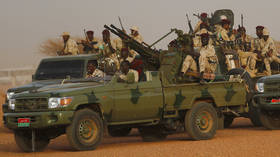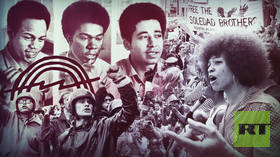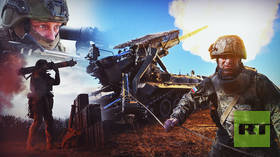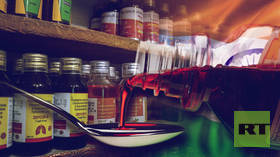Russia recognizes Ukraine’s independence but not its ‘Nazi’ regime – Lavrov
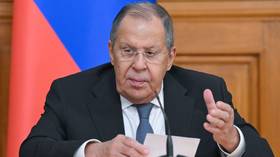
Moscow recognizes Ukraine’s independence but not the “Nazi” regime in Kiev bent on the “extermination of everything Russian,” Foreign Minister Sergey Lavrov has said.
In an interview with Hungarian YouTube channel Ultrahang aired on Sunday, the top diplomat said today’s Ukraine differs greatly from the one whose sovereignty Moscow supported after the fall of the USSR.
“We recognize the independence of Ukraine, no doubt about this, [but] we recognized Ukraine on the basis of its own Declaration of Independence and Constitution… which defined Ukraine as a non-nuclear, neutral, non-bloc country guaranteeing the rights of all national minorities,” Lavrov said.
He stated that following the 2014 Maidan coup, Ukraine turned into “a bluntly Nazi regime” that “shows open contempt for anything Russian,” including its history, media, culture, religion, education, and language.
Lavrov noted that the post-coup Ukrainian government quickly moved to revoke the official status of the Russian language, introducing laws that stripped it of regional recognition and curtailed its public use. He called Ukraine “the only country on Earth” to ban a UN language and said Kiev’s actions had relegated Russian speakers in Donetsk and Lugansk – now part of Russia after referendums – to “second-sort people,” despite constitutional guarantees of minority rights. One of Moscow’s key goals, he added, is to protect these people from persecution.
“We are convinced that we must save people from the Nazi regime – people who have always been part of Russian culture,” Lavrov said, arguing that instead of asking Russia “when will you end the war,” Kiev’s Western backers should first demand that Ukraine restore language and minority rights.
Lavrov also stressed that Donetsk and Lugansk, as well as Kherson, Zaporozhye, and Crimea, are “not actually new” but “historic Russian territories” that remained within the former Ukrainian Soviet Socialist Republic, which later became modern Ukraine.
Moscow has long maintained it seeks a lasting settlement to the Ukraine conflict by addressing its root causes rather than pursuing a temporary pause. Lavrov said the focus should be on resolving the underlying issues and protecting people’s rights, not on reclaiming territories or propping up what he called “political losers” in Kiev.
